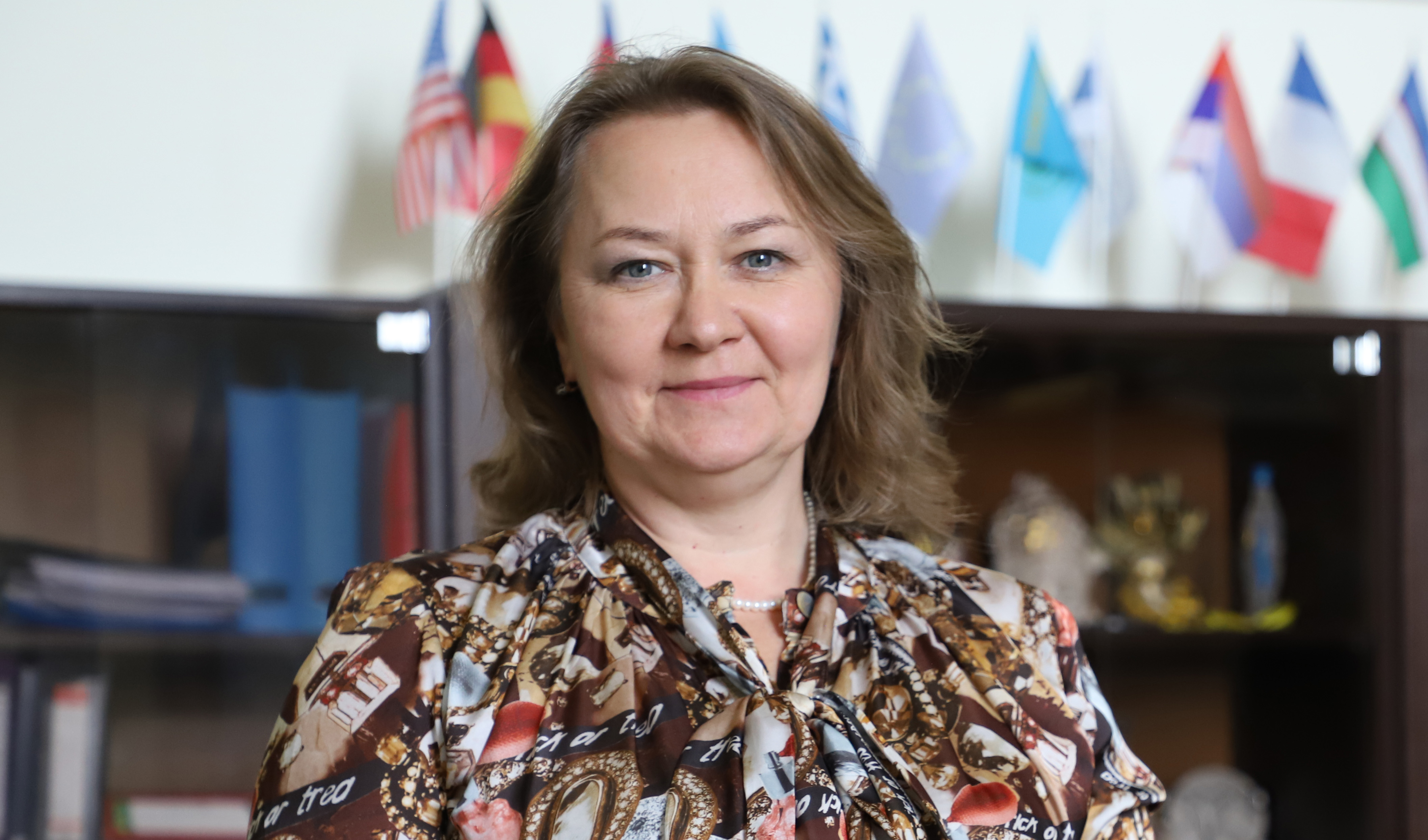Lviv Polytechnic is a leader among Ukrainian universities in terms of academic mobility. In particular, this year Lviv Polytechnic took the second place among the higher education institutions of Ukraine in the ranking Top 100 HEIs by the level of academic mobility.
Academic mobility is an opportunity for participants in the educational process to study, teach, undergo internship or conduct research in another higher education institution or research institution in Ukraine or abroad, which allows students, postgraduate students and academic staff to participate in various educational and research programs.
According to Nataliia Hots, Head of the Center for International Education, Lviv Polytechnic National University, despite the situation with the COVID-19 pandemic academic mobility this year has found new forms.
This year we have already sent two dozen students to study in London, Lille and Brandenburg. But today there are changes in academic mobility programs related to situation with COVID-19 in the world. More and more meetings are taking place online. Academic mobility now makes much wider use of distance learning and teaching opportunities. IEM students are already studying under a double degree program in Poland, but remotely. Teaching programs also take into account the remote mode. This is how our academics teach in Poland. In my opinion, in the future, academic mobility will take place in a combined form, which will include full-time and distance learning, said Nataliia Hots.
In order to go to study or teach abroad, you need to know foreign languages, mainly English. Many programs provide the possibility to speak, for example, French, German or English. The level of language proficiency must not be lower than B2, otherwise it will be impossible to fully master the material at a foreign university. To successfully participate in academic mobility programs, you need to study foreign languages well. At Lviv Polytechnic, this opportunity is provided by the Linguistically Education Center, where students and academic staff can not only improve their knowledge of foreign languages, but also obtain a certificate of English language proficiency by passing the Oxford test of English.
To get acquainted with the academic mobility programs and the conditions of participation, it is necessary to contact the Center for International Education, which runs open trainings for students and academics. 15 such meetings were organized last year. To better inform students and academic staff, the Center for International Education has its page on Facebook, Instagram, and Telegram where you can find all news related to academic mobility programs.
